Invented in its namesake city in the 1870s, the spicy, boozy Manhattan is an American classic. An evolution of the Old Fashioned, the cocktail — made with rye whiskey, sweet vermouth, and Angostura bitters — has also come to represent the first golden age of bartending in the U.S. As New York City grew in both population and influence throughout the 1800s, it became a major hub for trade and immigration, which brought new ingredients like vermouth and fortified wines into the nation. Around this time, bartenders started experimenting with different builds and naming their new creations, often swapping out the typical simple syrup for these fresh imports.
While it’s still debated exactly by whom and under what roof the Manhattan was originally created, it’s clear that it took off in the mid-1870s — and it’s been one of the country’s most popular cocktails ever since.
With just three ingredients, one might think there isn’t a lot of wiggle room for variations on the build, but bartenders continue to find inventive ways to tinker with its flavor profile. Some switch up its base spirit from rye to gin or even rum, while others play with the styles and ratios of its vermouth. Many variations incorporate complementary liqueurs like Chartreuse or Maraschino to add even more nuance to the traditional blend. And naturally, some also play off the drink’s Big Apple-centric name: If you ever see a cocktail named after another borough or NYC neighborhood (like the Bronx or the Red Hook), there’s a betting chance that it somewhat resembles the original Manhattan.
Some of the cocktails below offer a lighter, more easy-drinking version of the Manhattan, while others double down on its richness or amplify its bitterness. Still, they all capture the Manhattan’s spirit of innovation.
The Martinez
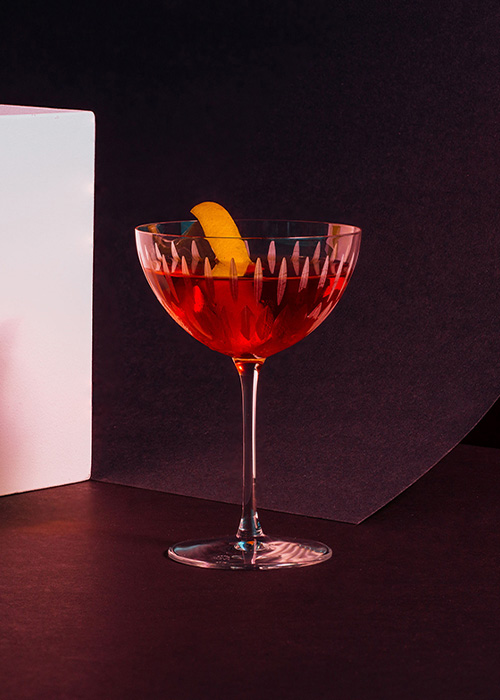
Believed to be an original variation of the Manhattan and a precursor of the Martini, the Martinez presents as a marriage of two beloved classics. The recipe combines gin, sweet vermouth, Maraschino liqueur, and Angostura bitters, all served with a lemon twist. This is the perfect drink to slowly bring your Martini-loving friend out of their comfort zone.
The Black Manhattan
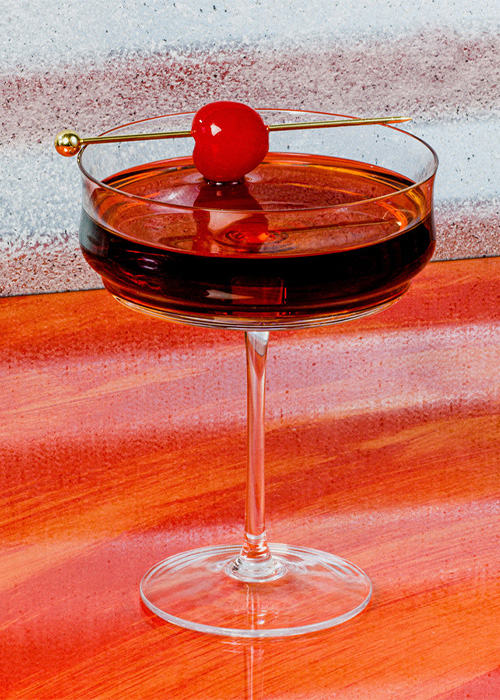
This one’s for the amaro drinkers. The Black Manhattan swaps out the cocktail’s signature sweet vermouth component in favor of an ounce of amaro, resulting in a more herbaceous, bitter flavor profile. While at-home bartenders can sub in just about any bitter amaro, the recipe traditionally calls for Averna amaro, which gives the Black Manhattan its deeper hue.
The Perfect Manhattan
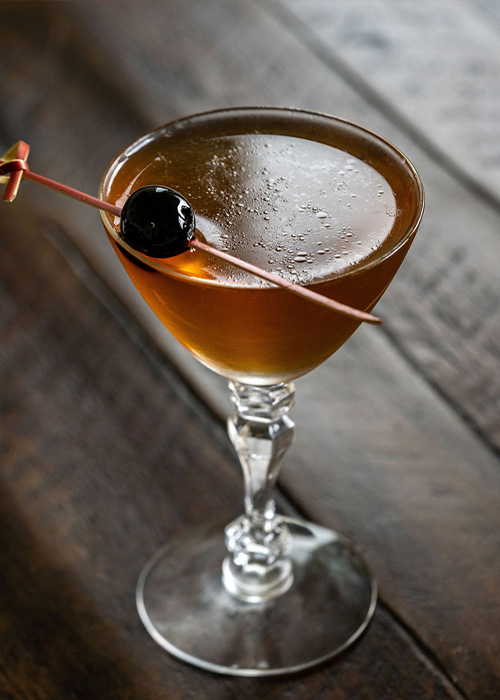
Just like the Perfect Martini, the Perfect Manhattan contains both sweet and dry vermouth in equal (or “perfect”) proportion. Replacing half of the drink’s sweet vermouth with its dry counterpart lightens up its body, making it a more refreshing alternative to the classic.
The Brooklyn
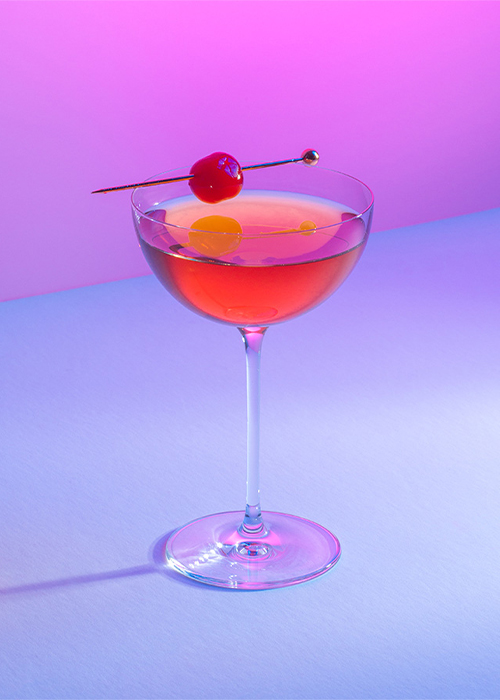
Shortly following the Manhattan’s creation, bartenders sought to share the love with the outer boroughs. Enter: the Brooklyn, circa the early 1900s. This cocktail bears a close resemblance to the original, using rye whiskey, dry vermouth, Maraschino liqueur, and bittersweet aperitif Amer Picon instead of bitters. This riff also holds on to the classic cherry garnish.
The Bronx
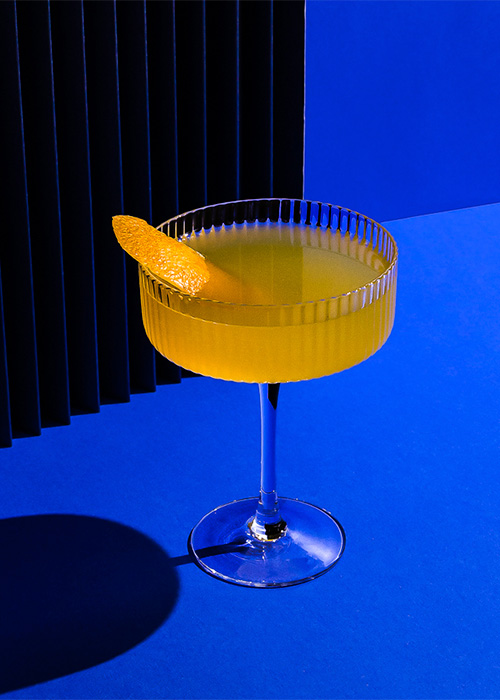
Next up on our tour of the boroughs is the Bronx. Unlike our list’s previous builds, this citrus-forward riff is shaken. It combines gin, dry vermouth, sweet vermouth, fresh-squeezed orange juice, orange bitters, and boasts an orange peel garnish. The Bronx is a little less boozy than a typical Manhattan, so it’s a great alternative when you’re looking for something a bit more easy-drinking.
The Red Hook
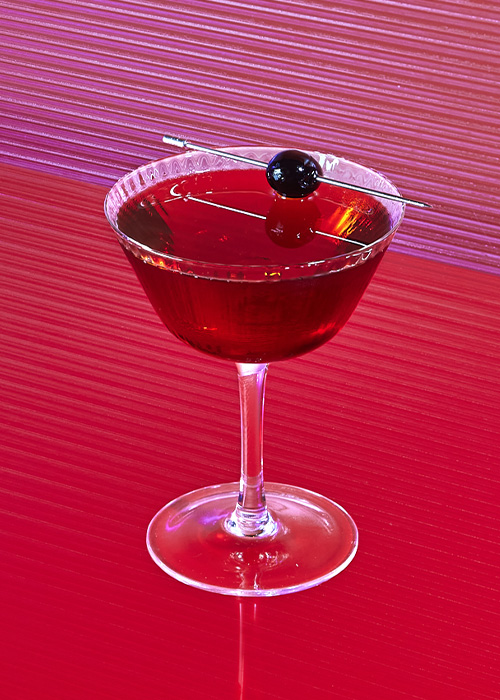
There was a bit of a lull in American cocktail creativity following the Manhattan’s creation (what could have happened?), but the turn of the next century brought a modern cocktail-bar renaissance — and with it, more Manhattan variations. This included Vincenzo Errico’s Red Hook, which was invented at NYC institution Milk & Honey in 2003. Made with rye, Maraschino liqueur, and Punt e Mes, this modern classic inspired the onslaught of neighborhood-named Manhattan riffs to come.
The Little Italy
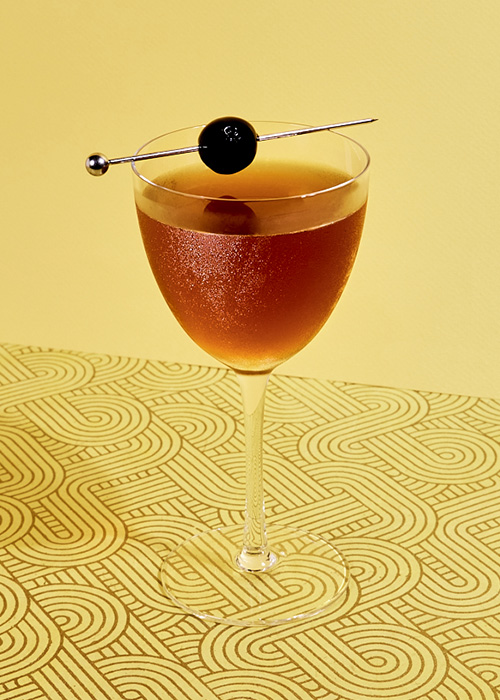
The idea for this riff struck former Pegu Club owner Audrey Sauders in 2005 while she sipped on Manhattans at famed Soho restaurant Raoul’s. Aptly named, the Little Italy swaps out the Manhattan’s classic bitters for Italy’s beloved Cynar, an artichoke-based amaro. During the early-aughts cocktail revival, Cynar was a hot ingredient in the mixology community, and the Little Italy no doubt helped the herbaceous liquid take off.
The Greenpoint
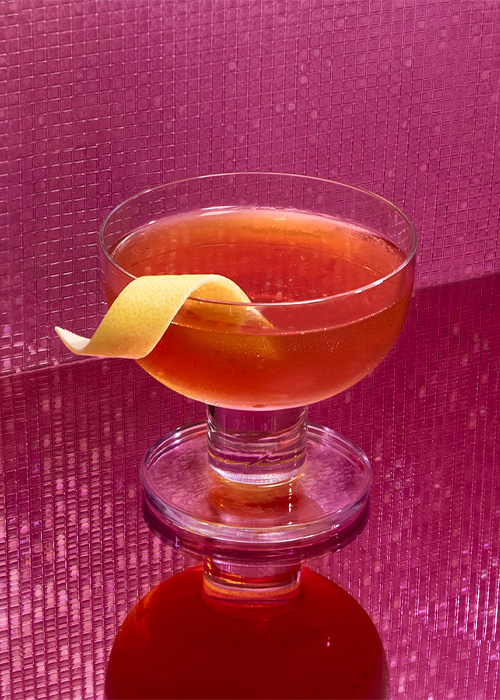
Another Milk & Honey creation, the Greenpoint zhuzhes up the original Manhattan build with a French twist. Bartender Michael McIlroy had set out to create a cocktail inspired by his own neighborhood, so he looked to the famously verdant Chartreuse. It turned out that the less popular yellow Chartreuse actually popped better in the drink, but McIlroy still decided to stick with the neighborhood-derived name. The liqueur adds delicate floral and citrus notes to the Manhattan’s rich build.
The Palmetto
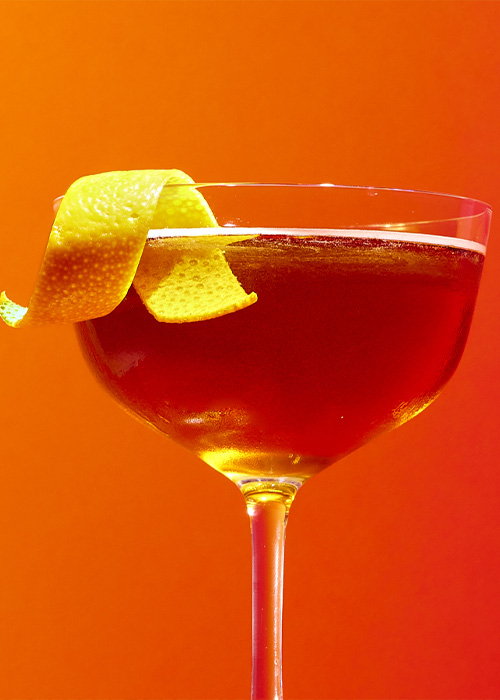
We’re finally leaving New York with the Palmetto, a bold Prohibition-era cocktail that swaps out the Manhattan’s typical rye for rum. The drink originally appeared in London-based bartender Harry Craddock’s famous “The Savoy Cocktail Book” in 1930, listing the spec as one part St. Croix rum, one part Italian vermouth, and a dash of orange bitters. He also called for the drink to be shaken. Today. St. Croix rum doesn’t exist, and these ingredients would rarely be shaken, so we’ve modified the recipe.
